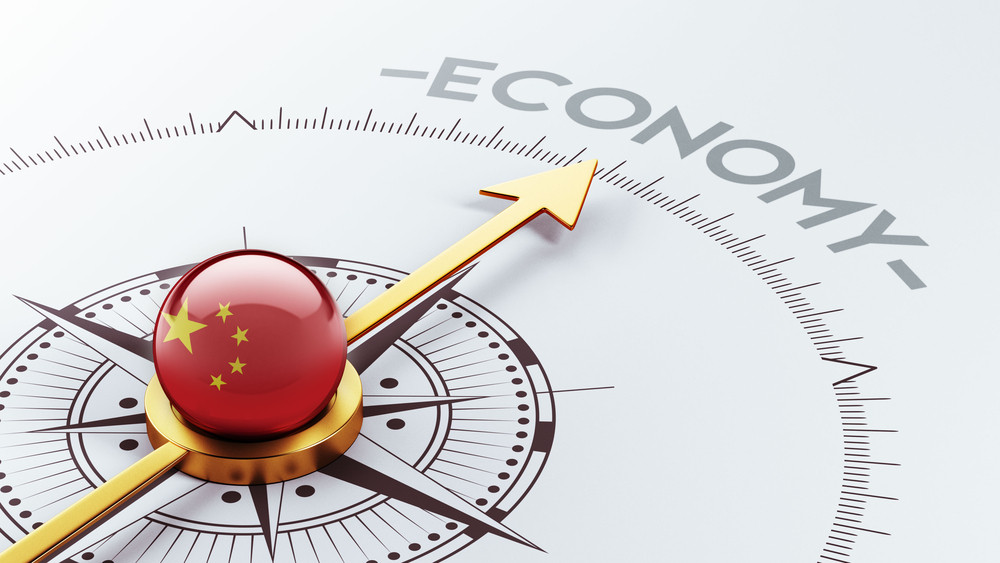Popular Reads
Top Results
Can't find what you're looking for?
View all search resultsPopular Reads
Top Results
Can't find what you're looking for?
View all search resultsDealing with China’s deficit of trust with neighbors
Change text size
Gift Premium Articles
to Anyone
“Beijing admits China lacks trust, vows to try harder”, was the heading of The Jakarta Post’s report of Jan. 16, based on an interview with Chinese Ambassador to ASEAN Huang Xilian. The interview seemed an indirect response to the conclusion of a Singapore-based think tank’s survey that China is facing a serious deficit of trust from its much smaller neighbors.
The ASEAN Studies Center at the Institute of Southeast Asian Studies-Yusof Ishak Institute conducted an online survey titled the “State of Southeast Asia: 2019” between Nov. 18 and Dec. 5, 2018 to seek the views on China among regional experts and stakeholders from the policy, research, business, civil society and media communities.
Three interesting conclusions of the survey are that first, most respondents do not believe that China will become a benign and benevolent power.
Second, most think China will become a revisionist power with intent to bring Southeast Asia into its sphere of influence.
Third, most respondents have low or no confidence that China will do “the right thing” in contributing to global peace, security, prosperity and governance.
Ambassador Huang directly addressed the sensitive issue, citing Beijing’s plan to promote more cultural exchanges and experiences between the grass roots of China and Southeast Asia.
The ambassador reflects Beijing’s increasing openness to criticism, although there is no shortcut solution. But at least China has signaled strong political will to address its trust deficit.
“On the part of the government, we have to work even harder just to bring them together […] That is why we try to present ourselves in a far better perspective for people to understand each other,” the diplomat said Monday.
Out of 10 ASEAN members, Brunei, Malaysia, the Philippines and Vietnam have overlapping claims over the South China Sea with China, which claims nearly the whole of the vast sea. These four countries also have an influential population of Chinese descent, who play a key role in their economies. In Indonesia this is a sensitive issue, as the minority Chinese-Indonesian population has often been the scapegoat for the government’s failure to boost the economy.
The survey findings merely reconfirm the general sentiment of people, at least in the region. China is the most important trading partner for so many countries, triggering friction, resentment and frustration, including that of United States President Donald Trump. Its role as a creditor for infrastructure projects and many other sectors has also been dominant, even in industrialized countries.
Complaints are growing about China’s loans for infrastructure projects, many of them with the minimum role of the hosts. But is that solely the problem of China? Not at all. Other major economic powers such as Japan, the US and other western countries have also had problems with their weaker trading partners. Indonesia has also had its own experience with the major money lenders.
In March 1992, then-president Soeharto angrily dissolved the Dutch-led consortium of creditors, the Inter-Governmental Group on Indonesia (IGGI). He was very upset with its chairman Jan Pronk, whom he accused of acting as the Dutch governor general during colonial rule. The Netherlands’ contribution to the IGGI was quite small, and Japan was the largest donor along with the World Bank and the Asian Development Bank (ADB). In April of that year the Consultative Group on Indonesia (CGI) replaced the IGGI.
Soeharto was often upset when the creditors related their money to domestic human rights problems. The US often blocked the sale of spare parts for US-made jetfighters and also Hercules helicopters because Washington was unhappy with Jakarta, particularly regarding accusations of human rights violations by Indonesia’s military.
What about Japan? On Jan. 15, 1974, then-prime minister Kakuei Tanaka visited Jakarta and was greeted by massive riots protesting Japan’s dominance in Indonesia’s economy, though various theories abound regarding the causes of the riots. Under Soeharto’s 32-year regime, Japan accumulatively became the largest creditor, investor and most important trading partner for Indonesia.
It offered very cheap and very long-term loans, but with the nearly “absolute requirement” that the projects should be handled by Japanese firms. Japan, however, paid little attention to Indonesia’s problems such as democracy and human rights.
Today, with China as the world’s second-largest economy, it is just a matter of time before it eventually replaces the US as the biggest. Naturally, China could also play a more crucial political and military role. As the fairly new rich guy on the block, China needs more time to readjust itself to its new position on the international stage.
I agree with the ambassador’s idea about the need to boost better mutual understanding among the grass roots, including through exchanges between Chinese people and Southeast Asians. However, a much more substantial approach is needed; for culturally China is no stranger in the region, such as evident in its centuries-long influence in many Southeast Asian dishes.
A friendlier face of China will help to reduce hostilities. Neighbors also need to be more patient with China and not just complain.
An example of more effective soft power on China’s part would be the sharing of know-how and management of China’s many strong small and medium enterprises. China can help train Indonesians to be more competitive in international markets. Open your huge market for Indonesian exports especially from small and medium businesses.
ASEAN members and China will always be neighbors. Each needs to try to behave better.











